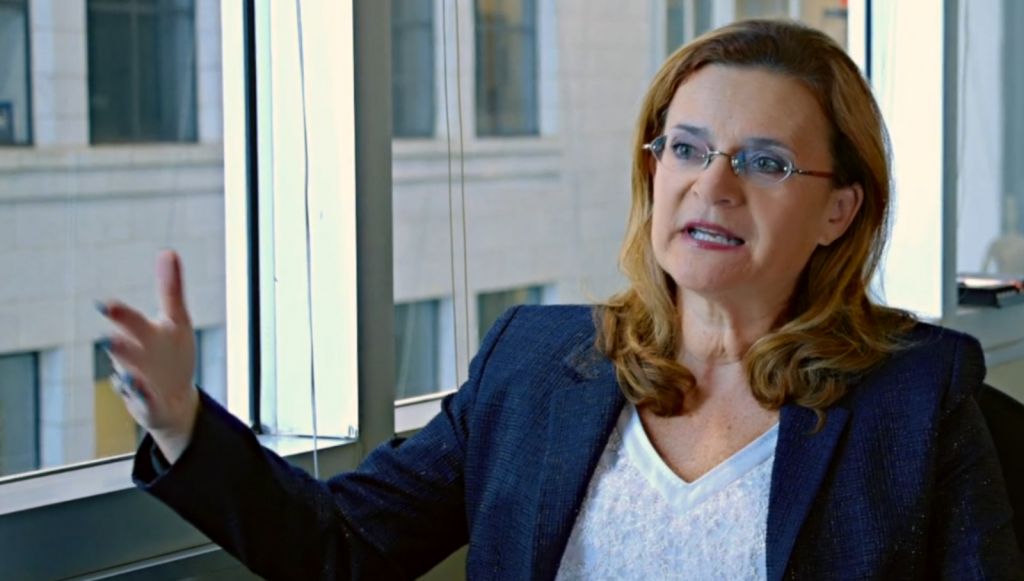by Mawer Investment Management, via The Art of Boring Blog
A few weeks ago I attended a lunch with Jean-Claude Trichet. As one might expect from the former head of the European Central Bank, Trichet spoke at length on the economy, quantitative easing and monetary policy. However, what was pleasantly surprising was his candour. Unshackled from his former talking points, Trichet spoke with a frankness that is rare among central bankers who fear making missteps that might unfurl chaos in markets. The room responded with rapt attention.
Halfway through his speech, Trichet made what seemed like a trivial observation. He noted that an ideological consensus has emerged among central bankers. A new paradigm. In his view, most central bankers now agree on the way that things should be done. This was enough for me to look up from my notes and examine the Frenchman. A consensus among central bankers?
The rest of the room hardly blinked.
As I looked around the room at my peers, I struggled to understand their seeming apathy. Here was one of the world’s former most powerful policymakers explaining that a major paradigm shift had occurred among central banks, and yet the attendees showed greater interest in the chocolate torte on their plate. Either they were too busy digesting their lunch or they considered this admission to be inconsequential and obvious. But how could some of the most engaged minds in the investment industry ignore the admission that a new paradigm among some of the most influential people on the planet had occurred?
But then it dawned on me. We are all just frogs in a pot.
The New Conventional Wisdom
Twenty years ago, the global environment for central banks was very different. Back then, there was no European Central Bank, China’s economy hardly registered in the minds of most investors, and the Federal Reserve had less than $50 billion in assets on its balance sheet. Central banks were heterogeneous in their policies. While there were certainly some similarities in viewpoints, no real universal consensus existed, and each central bank was greatly influenced by its own unique history (this is why the Bundesbank had a major focus on inflation—the Germans deeply understand the pain of hyperinflation).
Fast forward to the current environment. Today, there are five über powerful central banks in the world: the Federal Reserve, the Bank of Japan, the European Central Bank, the People’s Bank of China and the Bank of England. Four of these central banks operate in open economies with an unprecedented consensus of philosophy. Trichet noted that these banks now: a) intervene when “necessary,” both to prevent liquidity crunches and to restore aggregate demand; b) target inflation in the 2% range, and c) provide forward guidance. It is no longer abnormal to dramatically expand ones’ balance sheet and aggressively purchase assets in markets.
This is what Trichet meant when he described an emerging ideological consensus among central bankers: they now operate under a new paradigm. And this paradigm invariably has consequences.
Paradigms
In the scientific community, a paradigm is a distinct thought that is shared widely and that influences how problems and solutions are modelled. For example, Einsteinian relativism and quantum mechanics are paradigms. They are lenses through which reality is considered. When an apple falls from a tree, we understand that it falls because of gravity, a consequence of the curvature of spacetime. We also know that if we throw an apple in the air, it will fall down again. Thus, the paradigm of gravity influences our interpretation of events as well as our actions.
Paradigms in investing are similar. They influence what we consider, how we interpret reality and how we act. This is why the consensus of central bankers matters. In previous decades, the Bundesbank might have cared only about the inflation rate and kept within the typical confines of monetary policy. But under this new world order, the ECB is preparing to buy up to €1 trillion in asset backed securities and covered bonds. Similarly, the Bank of Japan meandered for two decades with stagnant growth, and yet has now adopted a 2% inflation target and embarked on an aggressive quantitative easing program. Even the Bank of England has followed suit and adopted forward guidance as a policy tool. Clearly, there are certain shared beliefs among central bankers that are influencing their actions.
But just because there is consensus, doesn’t mean the ideas are good. There once was a time when people believed that the sun revolved around the earth and that life was a result of spontaneous generation. We now understand these ideas are false. It remains murky whether the current approach of central banks is prudent. This is what makes it risky to accept this new world order point-blank.
The Frog in the Pot
If there was one truly surprising moment in Trichet’s speech it was the reaction of the participants around me. Not only did many participants accept Trichet’s message without demur, many outright supported greater quantitative easing and stimulus. It was as though this new paradigm – and all that comes with it – was a foregone conclusion. But…wasn’t this all one big experiment?
The whole thing reminded me of the anecdote of the frog in the pot. According to the story, if you put a frog in boiling water, it will jump out. But if it is placed in cold water, and the temperature slowly increased, the frog will be cooked to death without trying to escape. Sitting at the luncheon, I couldn’t help but wonder if we were all frogs in one big, monetary pot.
Collectively, we in the investment community seem to have adopted a new relationship with central banks…and this is puzzling. Twenty years ago, it would have been inconceivable to think that central banks would be this directly involved in asset markets. Now hardly anyone bats an eye when billions of dollars of quantitative easing are suggested. Central banks are behaving in unprecedented ways, with unprecedented scale, in accordance with an idea that is still, ultimately, one giant experiment. And yet investors appear to have acclimatized to this new world. Many simply trust that central banks will provide a balm to all woes. That is not necessarily a good thing.
Trichet is probably correct. Central bankers appear to have some consensus in thought. But simply because this has become the new reality, does not mean investors should be complacent. We still don’t know how this giant experiment is going to play out.
This post was originally published at Mawer Investment Management













